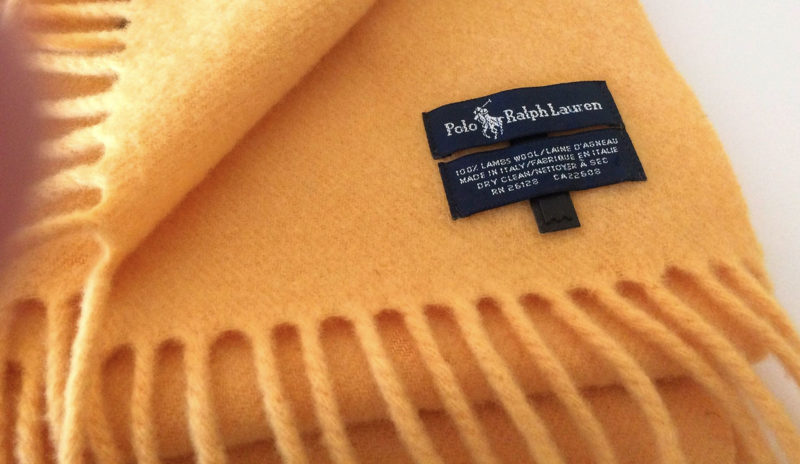Someone has figured out a use for QR codes that isn’t totally frustrating (looking at you, restaurants with digital-only menus).
What happened: Per Axios, US clothing manufacturers are lobbying for permission to replace physical clothing tags—which by law, have to include things like care instructions, fibre content, and country of origin—with digital labels, likely in the form of QR codes.
-
Brands like Ralph Lauren and Zara already use such codes. For instance, Zara uses them to complement traditional price tags, so customers can find garments online.
- But in the future, QR codes would allow manufacturers to update information (like if a material becomes recyclable) and generally reduce the need for big, itchy tags.
Why it matters: Think of being able to access a library of information for every single piece of clothing you own, like washing instructions that aren’t written in laundry hieroglyphs. For retailers, the complaint is often that a huge amount of information needs to be put on labels.
- In theory, you could also scan a QR code to see if an item is recyclable, and read up on the manufacturer’s supply chain, product recalls, or sustainability practices.
Yes, but: In Canada, “retail typically has been quite slow to innovate and adopt innovation up until recently,” Marty Weintraub told The Peak on a recent episode of Free Lunch.
-
Dynamics in Europe and Asia, like working across currencies and languages, spur retailers to innovate at lightning speed. One example has been adopting RFID labels.
- Plus, QR codes raise issues about whether everyone could access a garment’s information. After all, not everyone has a smartphone connected to the internet.
Bottom line: Odds are we’re a while away from seeing QR codes for clothes in Canada. It may very well happen soon, but it’s unlikely a Canadian company will drive the effort.—SB
